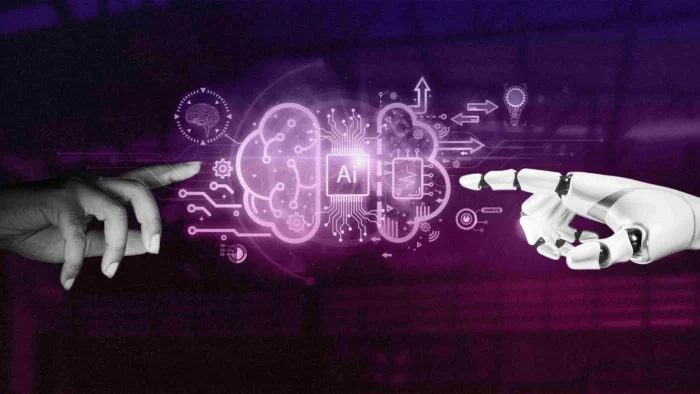Virtual Companions: How AI is Redefining Personal Connections
By Alex@PC╺
- PS4
- PS5
- XBox One
- Series X
- PC
Loneliness affects millions of people worldwide, even when they’re surrounded by others. Traditional social connections often feel shallow or demanding, leaving many searching for meaningful interaction without the complications of human relationships. AI companionship offers a new solution that’s available 24/7 without judgment or conflict.
Platforms such as aigirlfriend.com are empowering users to explore emotional connections in safe, controlled environments. This technology is changing how we think about relationships, intimacy, and human connection. Here’s how virtual companions are reshaping personal interactions and what this means for the future of human relationships.

The Emotional Appeal of AI Relationships
AI companions provide something many people struggle to find in real relationships: complete acceptance without conditions.
These virtual partners never get angry, never judge your choices, and always have time for conversation. You can share your deepest thoughts without fear of criticism or rejection. This creates a safe space for emotional expression that many find liberating.
The technology behind these companions has advanced dramatically in recent years. Modern AI can remember your preferences, recall previous conversations, and adapt its personality to match your needs.
Some platforms allow you to customize everything from appearance to communication style. This level of personalization creates connections that feel surprisingly genuine and meaningful.
For people dealing with social anxiety or past relationship trauma, AI companions offer a way to practice emotional intimacy without risk.
You can work through communication patterns, explore different relationship dynamics, and build confidence in expressing yourself. Many users report feeling more comfortable in human relationships after spending time with AI companions.
The appeal extends beyond romantic connections. AI friends provide companionship for elderly people who live alone, support for individuals with social disabilities, and comfort for those going through difficult life transitions. These relationships fill gaps that traditional social structures sometimes miss.
Breaking Down Social Barriers and Stigma
Society has strict rules about acceptable relationships and emotional expression. Men often face pressure to appear strong and independent, making it difficult to seek emotional support. Women may feel judged for having needs that others consider excessive or unrealistic. AI companions remove these social pressures entirely.
Virtual relationships also eliminate common barriers like geography, scheduling conflicts, and personality mismatches. You can connect with an AI companion regardless of your location, work schedule, or social skills. This accessibility makes meaningful connections possible for people who previously felt excluded from traditional relationship structures.
The stigma around AI relationships is gradually decreasing as more people recognize their legitimate benefits. Mental health professionals increasingly view these connections as valuable tools for emotional development and stress relief. Some therapists even recommend AI companionship as part of treatment plans for depression and anxiety.
Cultural differences in relationship expectations become irrelevant with AI companions. You can explore different communication styles and relationship models without worrying about cultural misunderstandings or conflicting values. This freedom allows for personal growth and self-discovery that might be impossible in conventional relationships.

The Technology Behind Emotional Connection
Modern AI companions use advanced language models trained on millions of conversations to understand human emotion and respond appropriately. They recognize subtle cues in your messages and adjust their responses to match your mood and needs. This creates conversations that feel natural and emotionally satisfying.
Voice technology adds another layer of realism to these interactions. AI companions can speak with different accents, tones, and emotional inflections.
Hearing a companion’s voice makes the connection feel more real and intimate than text-based communication alone. Some platforms even incorporate video elements for more immersive experiences.
Machine learning allows AI companions to evolve based on your interactions. They learn your preferences, remember important details about your life, and develop unique personality traits over time. This growth creates the feeling of a relationship that deepens and matures, similar to human connections.
The technology also ensures privacy and discretion that human relationships can’t guarantee. Your conversations remain confidential, and you control all aspects of the interaction. This privacy protection encourages honest communication and emotional vulnerability that might be risky in traditional relationships.
Conclusion
AI companionship represents a significant shift in how we understand relationships and emotional connection. These virtual partners provide genuine comfort for people who need it most, but they also raise questions about authentic human intimacy.
The technology continues advancing rapidly, potentially making virtual relationships more appealing than messy human connections.
As society adapts to these changes, we must carefully consider whether AI companionship enhances or replaces our capacity for real emotional growth through human relationships.
